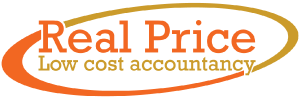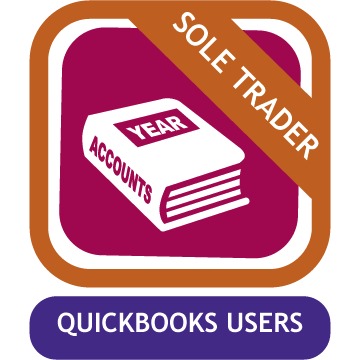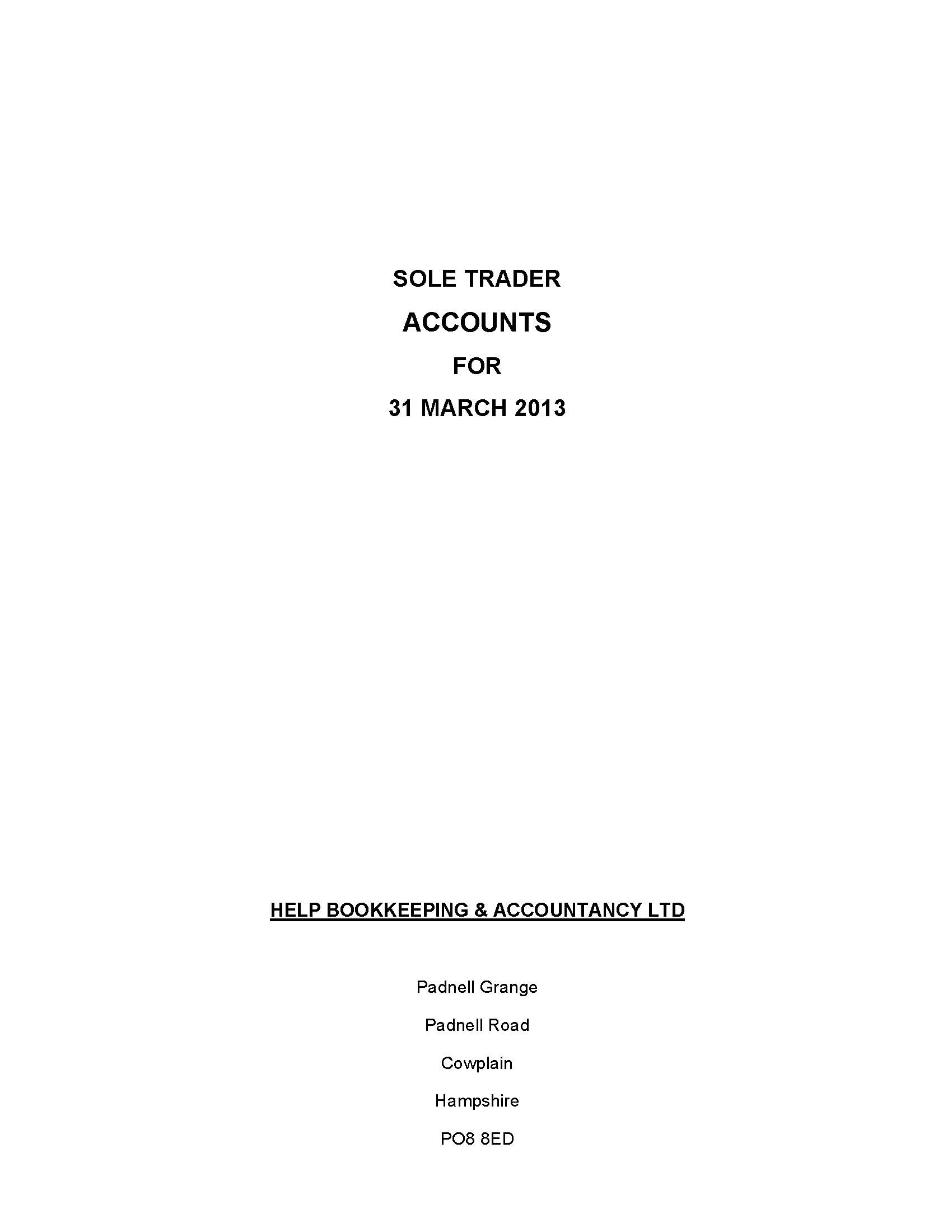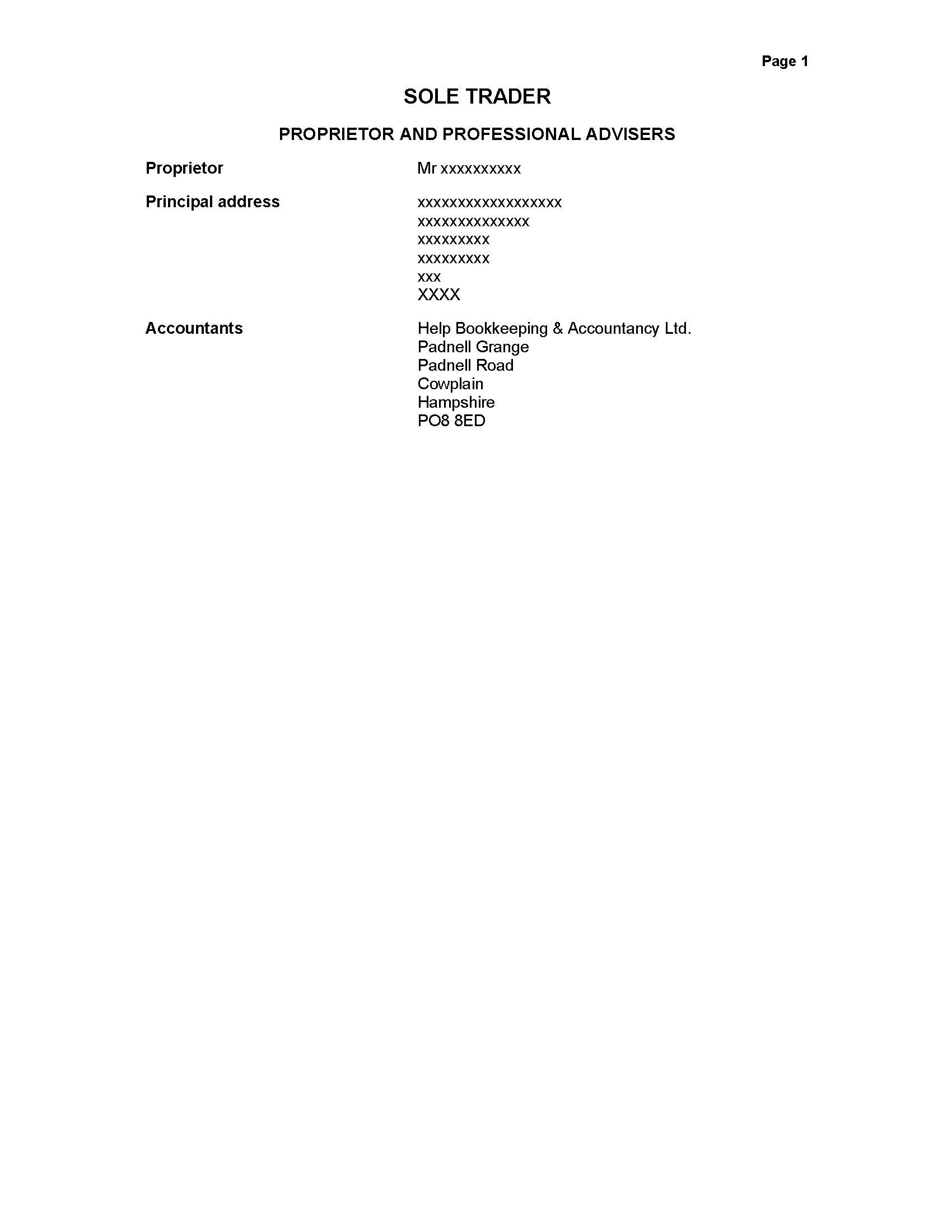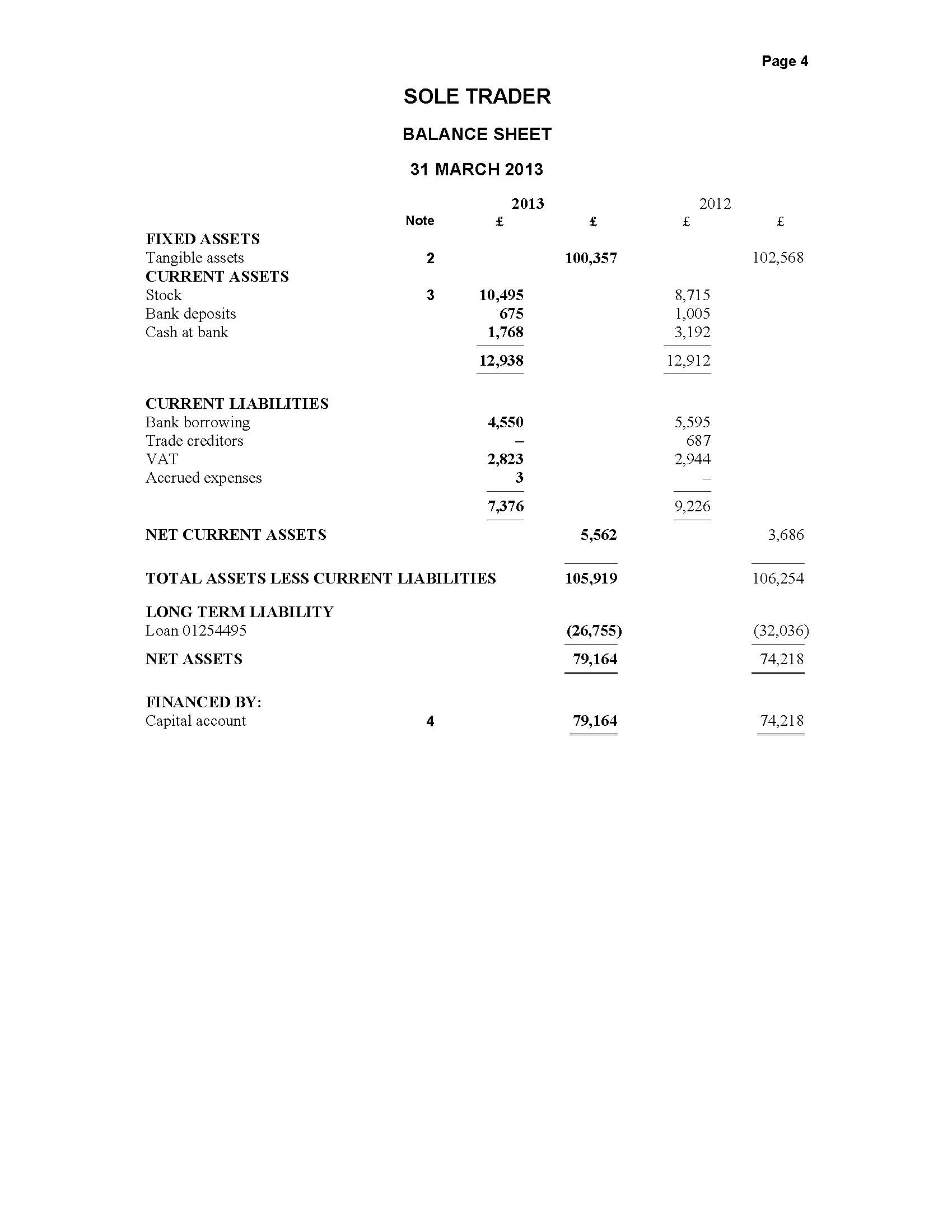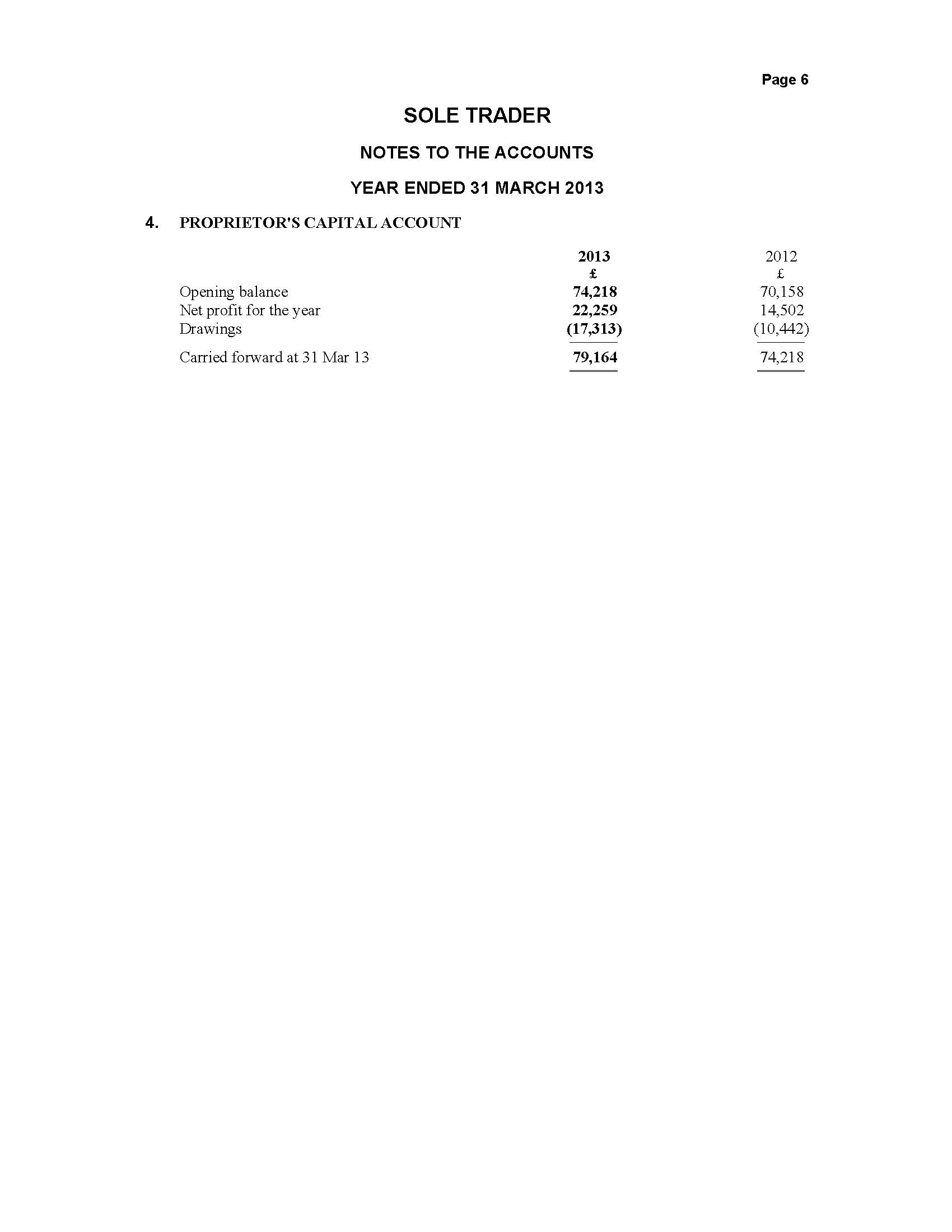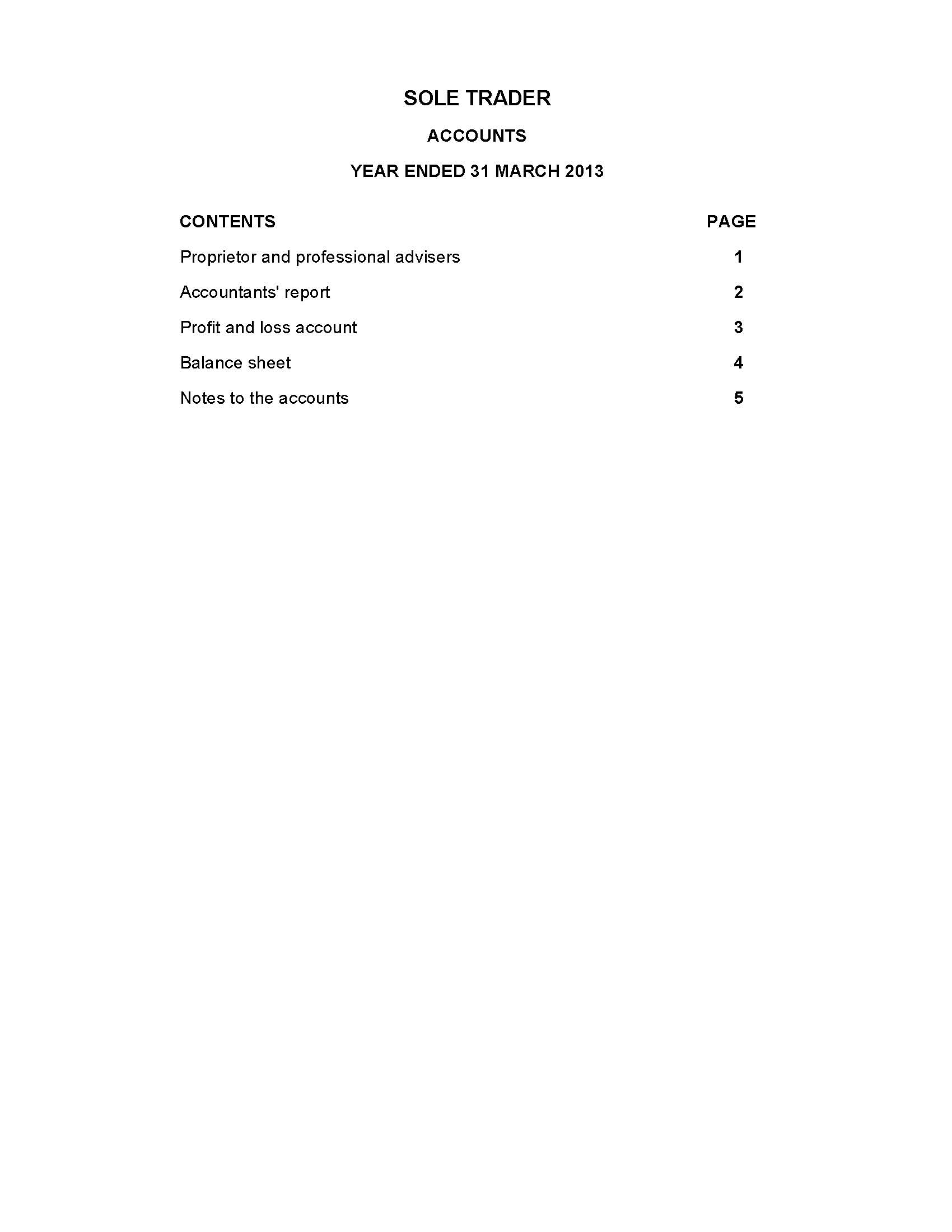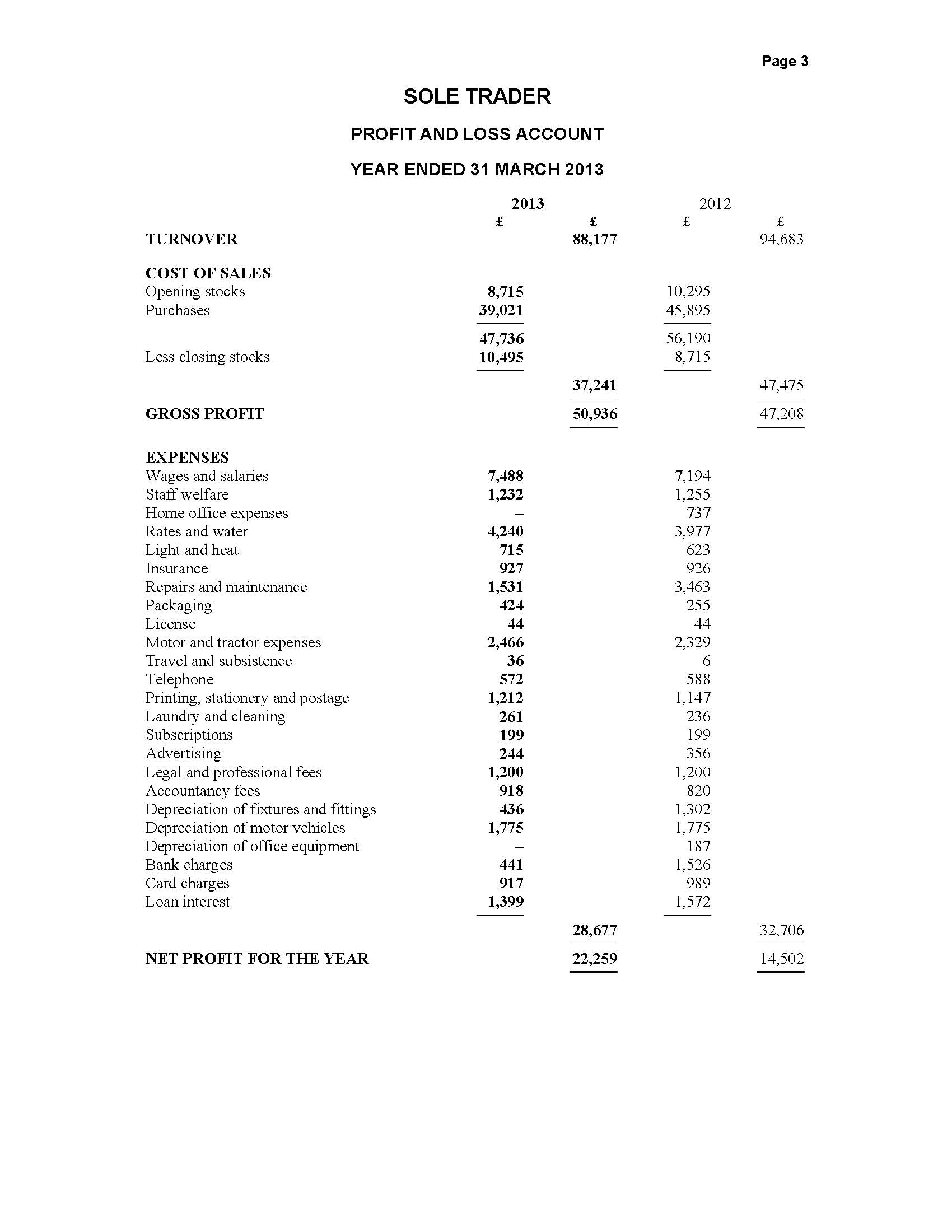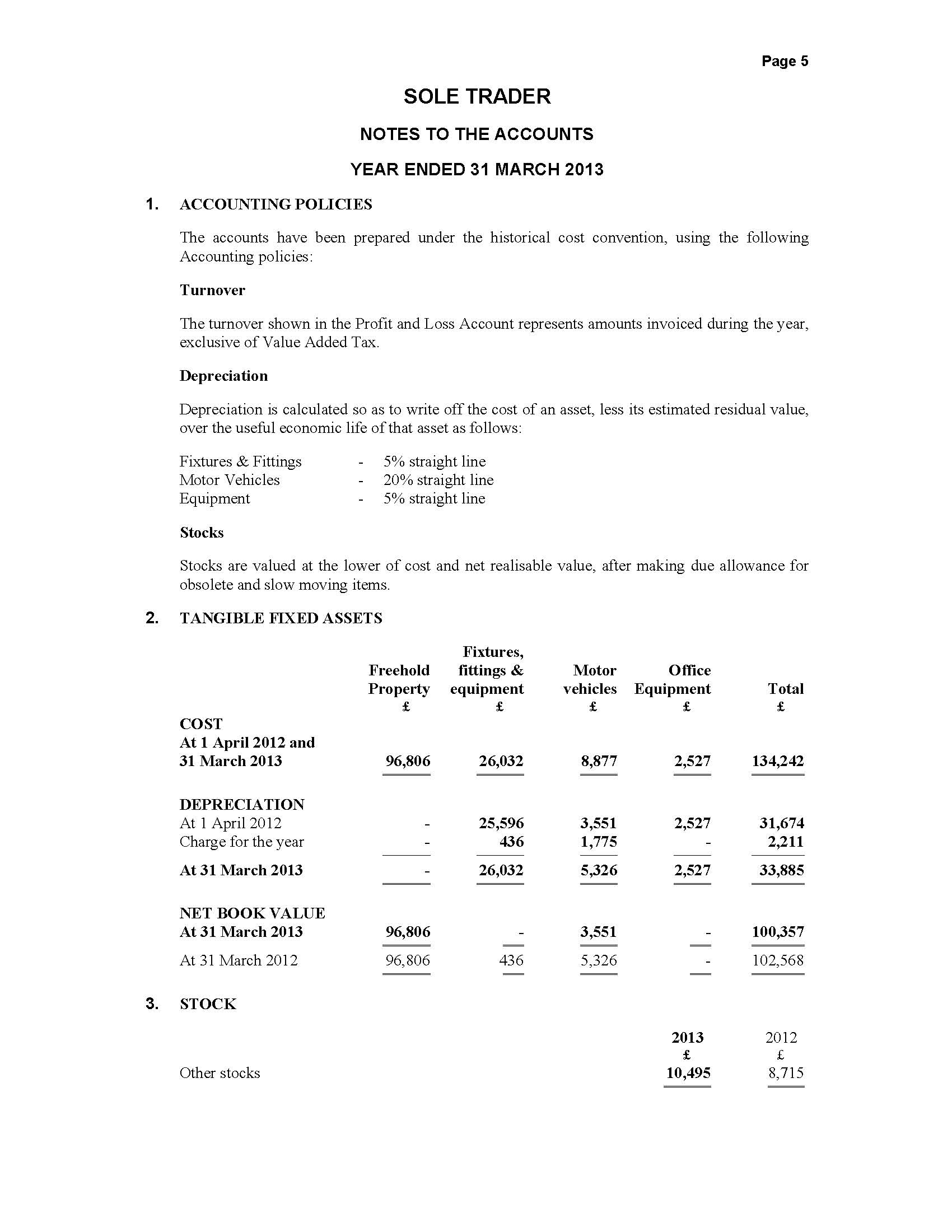A set of Annual Accounts for a basic self employed sole trader prepared from your Quickbooks bookkeeping records. Prepared by an ACCA qualified chartered accountant.
An off the shelf boxed product. No more unexpected unexplained accountant’s bills. Fixed (fee) price RRP.
What it includes:
1. An Annual Accounts evaluation report. Which helps identify any missing information?
2. A tax specialist report to help identifies ways to reduce your tax payable.
3. A Draft set of accounts.
4. A detailed explanation of the accounts.
5. Your questions answered.
6. Amendments to your draft annual accounts.
7. A final set of Annual Accounts.
Simply provide us with your completed Quickbooks bookkeeping records and we will produce a set of annual accounts. You will be able to ask your Helpbox chartered accountant questions and you will receive a full presentation explanation of the accounts.
What do I get when I buy this product?
A set of Annual Accounts for a basic self employed sole trader prepared from your Quickbooks bookkeeping records. Prepared by an ACCA registered chartered accountant.
Who should buy this product?
If you are a Sole trader (self employed) who keeps their bookkeeping data on Quickbooks accounting software you can easily purchase this product. Applies only to UK registered tax payers.
It’s easy: complete an online form and we will do the rest.
At your convenience
The most convenient way to prepare your Annual Accounts.
After you have purchased this product simply provide us with your completed Quickbooks bookkeeping records or online log in details and your closing bank statement (which covers the last days either side of your financial year end). We will also forward you a form to complete.
Based upon those replies one of our ACCA registered chartered accountants will produce a set of annual accounts.
No need to attend offices, this purchase is completed online from the convenience of your office or the comfort of your home. You will be able to ask your Helpbox chartered accountant questions and you will receive a full explanation of the accounts.
Price promise
Fixed (fee) price. No more unexpected, unexplained accountant’s bills.
We will prepare your annual accounts ready for you to complete your tax return yourself or we will complete it for you. If you want us to complete your tax return simply add SA100 tax return for each partner to your shopping trolley when requested.
Guaranteed - NO MORE MISSED DEADLINES
If you provide us with the information in the exact format which we request it and within our specifically stated timeframes we guarantee that we will prepare your return within HMRC’s filing deadlines.
What are a Sole trader’s statutory obligations?
All Sole Traders have a legal duty to:
1. Register with HMRC within 3 months of beginning to trade.
2. Each tax year prepare and complete a set of accounts the figures from which are used to:
Prepare and file an individual self assessment tax return (SA100).
An evaluation and deficiency report which identifies any issues in your records which may affect your accounts from items incorrectly entered to unclaimed expenses, and advice how to correct this.
1. Draft set of accounts.
2. A detailed explanation of the accounts.
3. Your questions answered.
4. Amendments to your draft annual accounts
5. A Final set of Annual Accounts.
Simply provide us with your completed Quickbooks bookkeeping records and we will produce a set of Annual Accounts. You will be able to ask your Helpbox chartered accountant questions and you will receive a full presentation explanation of the accounts
Annual Accounts
We have transformed traditional accountancy services by developing a range of transparently priced accountancy products; whilst maintaining the integrity of
the professional relationship with a clearly defined description of what you
get for your money at a fixed retail price.
Now for the first time you are able to compare accountancy
services on both a clear value benchmark, which evaluates quantity and quality
of work done along with price.
Our Chartered Accountants are able to prepare annual
accounts for the following business types:
- Sole trader
- Partnerships
- Limited Companies
What are
year-end annual accounts?
Annual accounts are sometimes referred to as an annual
report, trading accounts or financial statements. The annual or year-end accounts are a summary
of all the entities transactions in a 12 month period which is usually referred
to as the financial trading period.
They give a clear picture of both the trading
activity of the business over a 12 month
period through the profit and loss account, whilst the balance sheet gives a
clear snapshot of the business finances on the last day of that period.
Annual accounts are
probably the most common accountancy service which a business asks an
accountant to perform
Annual accounts are probably the most common accountancy service which
a business asks an accountant to perform.
Who has to
prepare annual accounts?
Be it a sole trader, partnership or limited company, the need for
year-end annual accounts is common to all 3 different entities. Annual accounts
are the product of the businesses bookkeeping records.
What is a trial
balance?
The bookkeeper brings together all the entries
in the different ledgers which make up the books whether this is kept on paper
books, spreadsheets or accounting software. It includes sales invoices, purchase
receipts, bank payment and cash payments, into an accounting document called a
trial balance. The trial balance is passed from the bookkeeper to the
accountant and this forms the basis for the yearend annual accounts. It is basically a summary of all the totals
in the accounting records and should balance with how the business was funded
whether through sales income or capital invested.
Are year end and
annual accounts different?
Both Annual accounts and year-end accounts are the same
thing, as are annual reports, trading accounts and financial statements.
What information should be in the annual accounts?
Generally speaking but not always, annual
accounts should include;
-
Profit and loss account or
income expenditure statement
- Balance sheet
- Fixed asset and depreciation schedule
-
Accountants report
-
Signature of proprietor/partner/director
- Directors report
- Notes to the accounts
- Officials
and directors information
What is the purpose
of preparing annual accounts?
Annual accounts provide an annual (year-end) summary of the businesses
financial performance. This can provide
essential information on how well or how badly the business is performing.
Additionally, every business has a legal requirement to
report their key financial data to HMRC and for limited companies the additional
requirement to file accounts with the Register of companies at companies house.
Quickbooks
accountancy software
Provide us a back up of your Quickbooks software using the
Helpbox upload bay. We will then prepare your annual accounts from your
Quickbooks. Preparing annual accounts from Quickbooks via Helpbox is probably
the most affordable way to prepare your annual accounts.
A sole trader also known as sole proprietorship,
also more simply a proprietorship, is a type of business
entity that is owned and run by one person (individual). There is in
English Law no legal distinction between the business owner and the traded
business.
For example:
John Smith is an individual.
Let’s assume John is a qualified plumber and he sets up a
new business plumbing business start-up called “local plumbers”. This becomes
the trading style of the business. However, in law John Smith is the legal
entity so the sole trader business is John Smith trading as (sometimes
abbreviated to t/a) “Local Plumbers”. John
is responsible for all liabilities associated with the trading style “local
plumbers”. The full title of this sole trader is John Smith trading as Local
Plumbers.
The trading name is often used separately to the proprietors
individual name, in advertising etc. But all documentation should carry the
sole traders name somewhere on each business document.
The sole trader receives all profits (subject to HMRC
taxation which is declared on HMRC tax form SA100 also known as a personal self
assessment tax return). New start-up businesses should note that sole traders
have unlimited liability (responsibility) for all the businesses losses and
debts. Each of the business assets is owned by the Sole trader (proprietor) and
all debts of the business are the sole traders.
A very large proportion of business conducted in London and
the UK is undertaken by self employed sole traders working on their own.
Normally a sole trader will deal with the day-to-day record keeping and
administration (filings forms and paperwork). For more complicated record
keeping such as accountancy bookkeeping will involve the sole trader handing
over the business sales invoices and purchase receipts to an accountant who
will prepare the final end of year accounts and calculate the tax due.
The sole trader can open a bank account in their own name with their trading
style or without their trading style.
Advantages of becoming a sole
trader
It is the easiest business entity to start up a new
business. Organising your accounting records and complying with business law is
simpler than a partnership or a limited company.
Because the sole trader is responsible for all the business
debts sometimes banks and other lenders can be more willing to loan monies to
the business. The same goes for suppliers (creditors).
Unlike a limited company where the business is owned by the
company shareholders and the directors have legal responsibility under the
Companies Act 2006. Therefore they are restricted by that law on what income
they can receive from the limited company. A sole trader receives all the
profits from the business.
A common problem faced by new start up partnerships and
limited companies is that the more partners and directors the more chance that
you might fall out. Which often leads to business failure. A sole trader is a
simple entity where the proprietor makes all the decisions.
Disadvantages of
being a sole trader is that as the business becomes successful, the associated
business risks increase. To mitigate
those risks sole traders often incorporate. That is they form a limited
liability company
Sole trader Annual
Accounts
Sole traders have no
legal requirement to file accounts. However, HMRC say: If you have to send HMRC a tax
return, the law says that you must keep all the records and documents you need
to complete the return. If you don't have adequate records or if you don't keep
them for long enough, you may have to pay penalties.
Therefore, if an HMRC investigation is to be avoided proper
financial records have to be kept. These includes annual accounts.
Annual accounts are particularly helpful when completing the
self employed self assessment tax return (SA100).
Do sole traders have
to prepare the same annual accounts as limited companies?
year-end sole trader accounts are prepared in a shorter format than limited
company year-end financial statements. Because partnership year-end accounts
include a summary for each partner they are a little more complex than sole
traders. How much more complicated depends upon the number of partners in the
partnership.
Affordable
accountancy solutions for sole traders. This product is ideal for self employed
sole traders who want have the time and ability to book keep all their business
transactions onto an accountancy software programme. These include cloud based
online accountancy software as well as the traditional double entry models
including Sage, Quickbooks, Xero, Kashflow, Excel, Freeagent, Clearbooks and
Mybooks to enter their own bookkeeping records. If you are a self employed sole
trader and want to take advantage of
being your own bookkeeper. Then when you enter details of your business
transactions, purchase receipts, sales invoices and bank statements, and any
payroll wages you have run or HMRC PAYE, you have a better understanding of the
actual performance of your business. A second advantage is that having spent
time bookkeeping your business transactions you have saved the cost of paying a
bookkeeper to account for those transactions. Our online and cloud based
software filing master saves you both time and money, and maximises your
efforts. The gains go into your pocket rather than the pocket of another
accountant or accountancy firm. From
your own bookkeeping software we will prepare a set of year end accounts,
including profit and loss schedule and balance sheet. Whether you are VAT
registered or not, a new start-up or existing business, we will provide a
seamless service which includes preparing HMRC ready annual accounts. Which
means we can also provide a very affordable tax filing service from those year
end annual accounts. Excellent product for the self employed sole trader
business.
What
is a self employed person?
The UK Government is keen for more people to set up in business a
self-employed. One of the key attractions for becoming self employed is that
you no longer have to work for someone else. You are your own boss. Being your
own boss requires new start up business owner to be responsible for their own
sick pay, and paying your own taxes and pension provision.
What
is a self employed business entity?
Once you have decided to take the plunge and you start up your own new
business then you need to consider what kind of entity will operate your
business. Sole trader, partnership, or a limited liability company.
Registering as self employed with HMRC
start-up businesses choose simple self employment and trade their new business
as a sole trader. Whatever entity you choose you must register that you are
self employed with Her majesties Revenue & Customs HMRC. As well as
registering online with HMRC for self assessment tax returns. You should also
consider how you will pay your National Insurance contributions NIC’s
